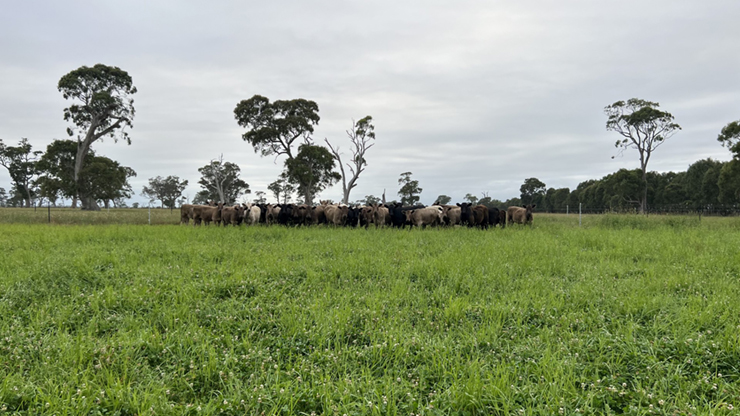A 12-month research project examining the unique experiences of older women affected by domestic, family and sexual violence has driven the creation of a suite of tools to help the community identify and provide greater support for survivors.
The State Government in partnership with the Council of the Ageing undertook this vital research. COTA SA’s market insights arm interviewed more than 30 service providers and surveyed more than 400 South Australian women aged 50+. Seven South Australian women aged 50+ with lived experience as survivors were also interviewed.
The survey and interviews undertaken revealed a range of key insights:
- 64% of women surveyed age 50+ agreed that abuse of older people in the community is common, while 79% agreed that discrimination against women is a problem in Australia.
- While acknowledging that perpetrator behaviour is always the primary cause of violence, intersectional issues including physical and cognitive impairment or illness, co-residency with a perpetrator, and lifelong financial disadvantage are all factors in older women being more vulnerable to the perpetration of violence against them.
- Generational issues are a major factor: ‘what happens in the family stays in the family’ can be a barrier to older women seeking support and also for community members being able to support women who may be in an unsafe situation.
- Common barriers to seeking support included the shame and guilt associated with the abuse and for some older women, a lack of awareness of what constitutes violence or abuse.
- Older women with diverse backgrounds and those living in rural and remote South Australia faced greater challenges in accessing services and support.
- Community Hubs that provide connection and a sense of belonging are essential for older women to feel safe and supported.
The research project identified four key messages to inform older women at risk of family, domestic and sexual violence and those around them.
Posters and bus shelter advertising have been developed to promote these messages and will be distributed to primary support services and community and health spaces across South Australia.
A webpage offering a list of support services has also been created:
As put by Katrine Hildyard
Every woman deserves to feel and be safe at home and in every other setting – no matter their age, background or any other circumstance.
Sadly, we know that violence perpetrated against older women has often spanned their lifetime, and there is burden of shame and conditioning that can prevent them from speaking out and finding support.
This crucial research has identified gaps in service provision and helped to raise awareness that older women do not have to suffer in silence, that help is out there.
Our innovative new tools will help older women know that support is available, that our community will not tolerate violence and that they are not alone.
As put by Nat Cook
We know that older women are particularly vulnerable and this can be exacerbated by other factors including disability, race, LGBTI and socioeconomic status.
Elder abuse really focuses on a relationship where there is an expectation of trust, and this trust is breached across a range of areas including financial, psychological, emotional and physical.
In half of elder abuse cases, the perpetrator is a relative of the victim, which can present problems for reporting particularly in situations where it is a mother – child relationship.
Since coming into government in 2022, we have committed more than $12 million to the Adult Safeguarding Unit which provides support and services to adults who may be vulnerable and experiencing abuse.
As put by Miranda Starke, Chief Executive, the Council of the Ageing
Older women often tell us they feel invisible, and this is also the case for older women who have experienced family, domestic and sexual violence and may not even see themselves as victims of type of abuse.
This has been an under researched area and through this campaign, we have championed the voices of older women, while also raising awareness that it’s never too late to seek help, even for people who may have experienced violence for their whole life.








